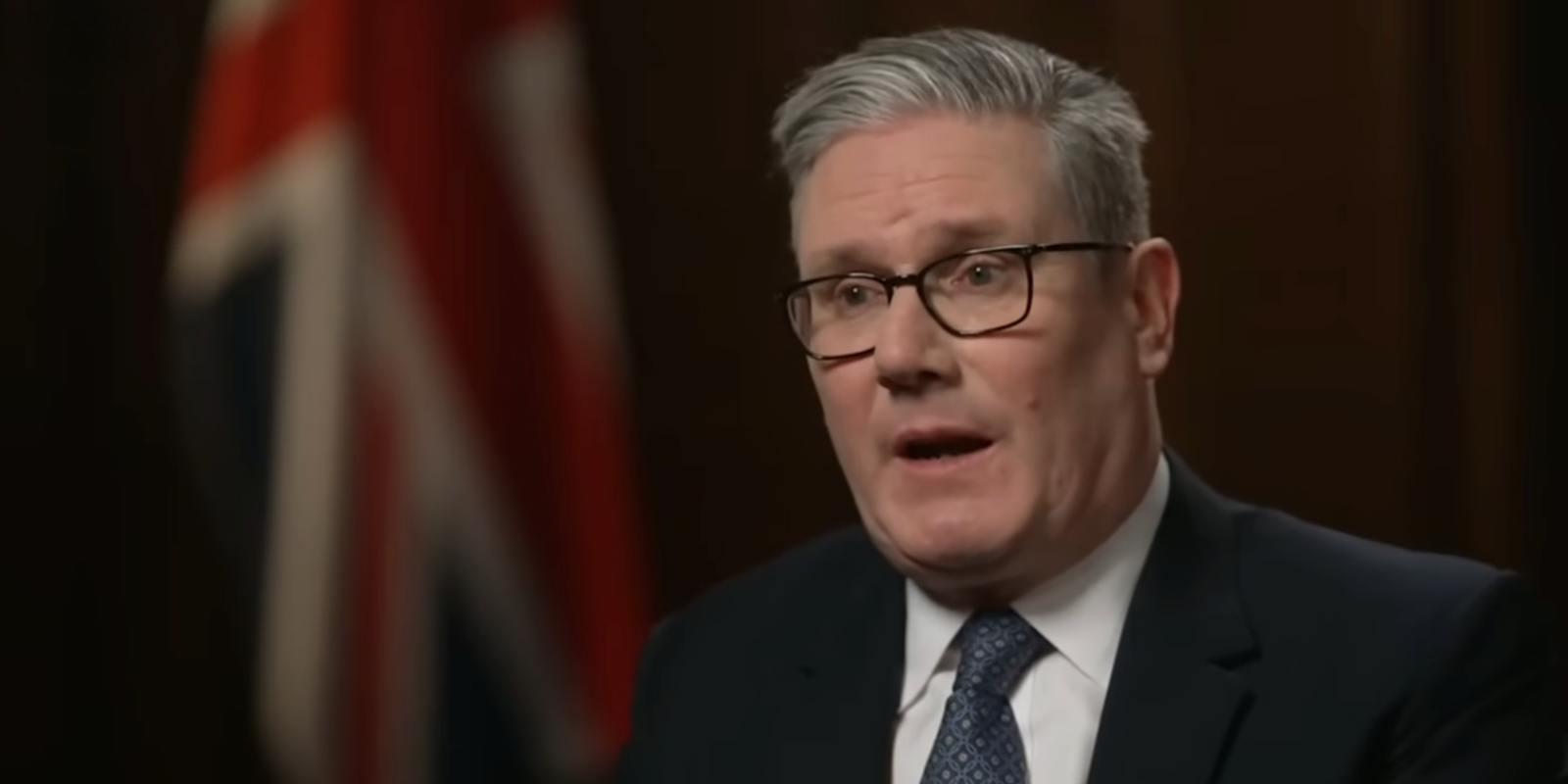Something may occur in the 2016 presidential campaign that hasn’t happened in 95 years: independent delegates choosing a nominee in an open convention format.
With a huge number of Republican presidential candidates likely to enter the national race, anywhere from 11 to 14 and so few states distributing their delegates through a winner-take-all system, it’s possible that no candidate will command a majority of delegates when the Republican National Convention commences in July of 2016.
Democrats are unlikely to be in a similar position because former Secretary of State and First Lady Hillary Clinton already enjoys huge leads over her four current intra-party potential opponents. Should this trend continue, Ms. Clinton will clinch the nomination long before the Democratic National Convention begins in Philadelphia, on the heels of the Republican conclave concluding in Cleveland.
The last time a candidate was nominated in an open convention occurred in 1920 when then-Ohio Sen. Warren G. Harding captured the Republican nomination in an upset. Harding scored a general election victory later that fall, but died suddenly two years after assuming the presidency.
Right now, polling suggests that Republicans have no clear front-runner though Wisconsin Gov. Scott Walker seems to be on an early upswing, while former Florida Gov. Jeb Bush has stagnated at, or under, 20% in most surveys. Various other candidates, like former Arkansas Governor and presidential candidate Mike Huckabee, are showing strength in certain states. Maryland retired neurosurgeon Ben Carson continues to register surprisingly well in early polls across the board.
An open, or brokered, convention would likely occur if the vote stays evenly split, relatively speaking, well into next year and several states move their nominating event before March 15th, meaning they are forced to award delegates through a proportional system. Additionally, if the early states, in particular, and some of those voting later consistently choose different candidates for their top position with close margins, proportional delegate distribution would almost assuredly prevent any Republican candidate the ability to form a majority.
Every state requires their regular delegates to vote as their individual balloting formula dictates on the first ballot, based upon the allocation process. If the first roll call produces no contender with majority delegate support, voting would continue until someone captures the requisite number irrespective of how many ballots are needed.
Some states permit delegates to vote as they choose as early as the second ballot. Other states release their delegates on the third ballot. From the fourth on, all are freed meaning the entire convention votes as the individuals themselves choose. It is at this point where deals are made and delegates can change candidate allegiance. The at-large delegates, generally those who are elected officials and state political party leaders, are free to vote for whomever they choose on any ballot unless state law proclaims differently.
Though we are a year or more away from the first ballots being cast in Iowa, New Hampshire, Nevada, South Carolina, and the Super Tuesday states and beyond, the early political climate suggests that the Republicans being forced into an open convention is a distinct possibility. Though little thought is being given to this scenario right now, it would be wise to begin preparations.
Jim Ellis is a professional election analyst who has worked in national campaign politics and grassroots issue advocacy since 1978. He is the author of the Ellis Insight publication, which is a service of Weber Merritt Public Affairs.





